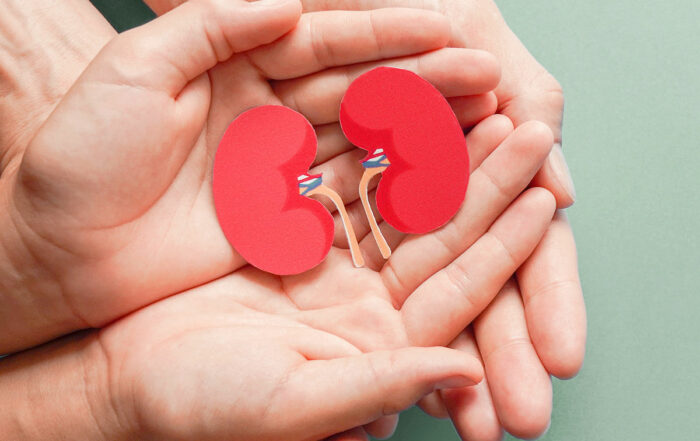
Over the past few decades, scientists have been able to tease apart the nuances of many diseases through genetic sequencing and analysis.
The ability to study diseases in such detail has spurred a revolution in medicine – offering hundreds of thousands of patients more personalized care. But whereas genetic analysis has greatly improved our understanding of diseases such as cancer and opened the door to new treatments, similar breakthroughs for kidney disease have been lacking.
A Can-SOLVE CKD research team is striving to change this status quo. As part of the “Precision Medicine in Diabetic Kidney Disease” study, they have analyzed 50 kidney biopsies (tissue samples) taken from patients with diabetic kidney disease. Using a “molecular microscope” that can analyze roughly 14,000 genes, they have uncovered important findings that hint at which patients with diabetic kidney disease are at higher risk of disease progression.
Dr. Darren Yuen, an Associate Professor at the University of Toronto, is co-leading the study. He notes that a doctor assessing these 50 patients would have difficulty noticing any clinical differences among them without the genetic data. “But when we look with the molecular microscope, we can find that there’s two distinct subtypes of diabetic kidney disease,” explains Yuen.
Using these data, the research team has also identified a collection of genes that are associated with more aggressive progression of kidney disease. The results could help doctors identify patients who need earlier intervention and higher levels of care, to slow disease progression, and allow these patients and their care teams to prepare for more aggressive disease further down the road.
Yuen notes that thirty years ago there was only one known form of breast cancer – and now, thanks to molecular analyses, different subtypes of the disease have been identified, as well as more specialized treatments for many of these subtypes. His hope is that similar progress is made for treating kidney disease.
He also notes that these initial findings were made with just 50 biopsies at St. Michael’s Hospital in Toronto, and the national reach of the Can-SOLVE CKD Network will see the team receive an additional 75 kidney biopsies from Ottawa and British Columbia. “Now we’re going to be more than doubling [our sample size] because of this national network, which is amazing,” says Yuen, noting that this new data will be useful in helping to validate their initial findings.
As the study continues, the team will also be analyzing data on patient outcomes, comparing it to the genetic data. This may hint at which treatments are best for the different subtypes of diabetic kidney disease.
Yuen notes that this work has “truly been a team effort,” with patient partners, nephrologists and scientists from across the country contributing.
“When we look with the molecular microscope, we can find that there’s two distinct subtypes of diabetic kidney disease.”
-Dr. Darren Yuen
More Research Impact
Connect with us!
Subscribe to learn more about what we do, why it matters, and how you can get involved!







